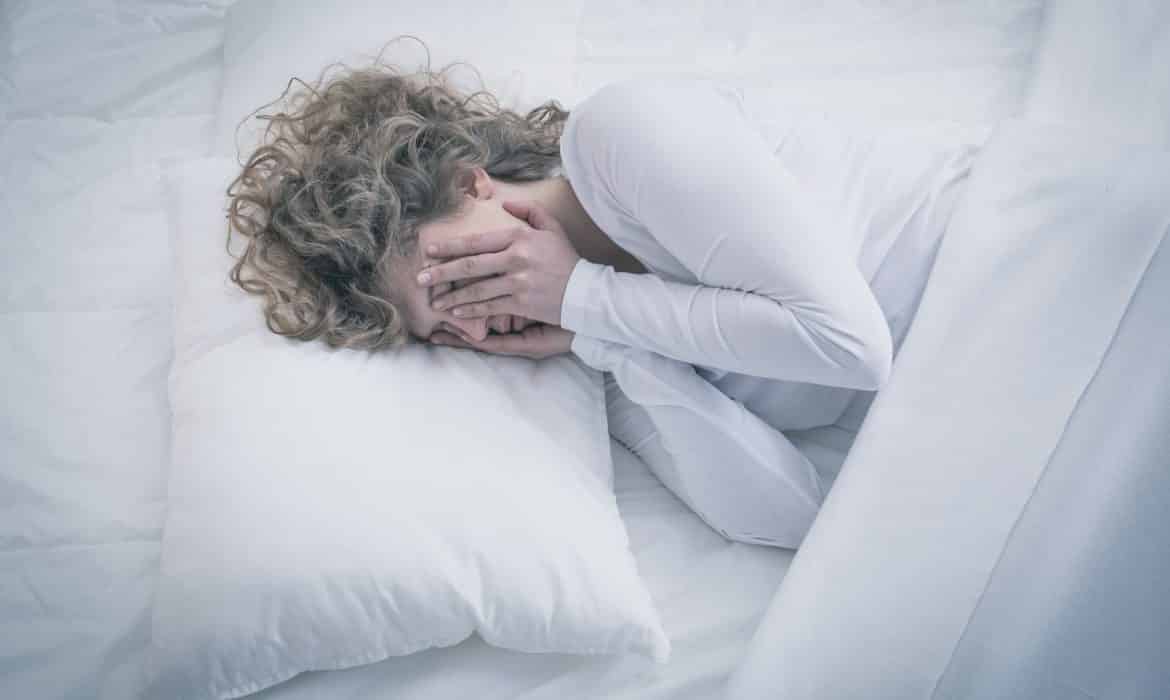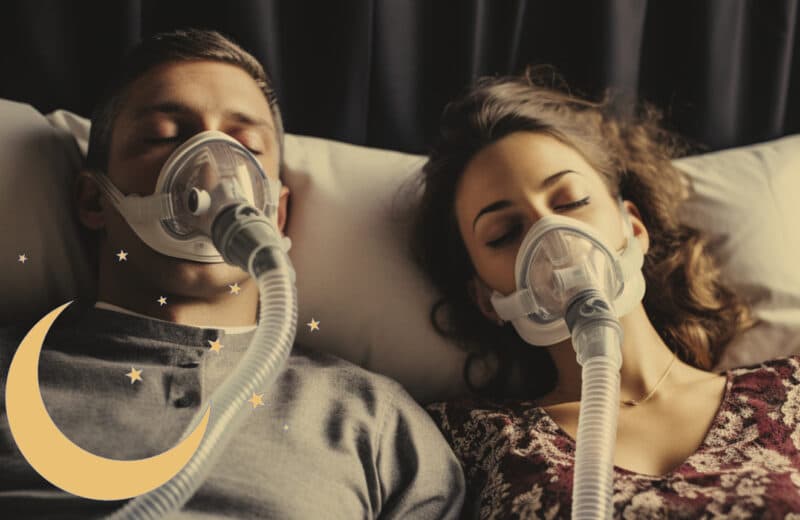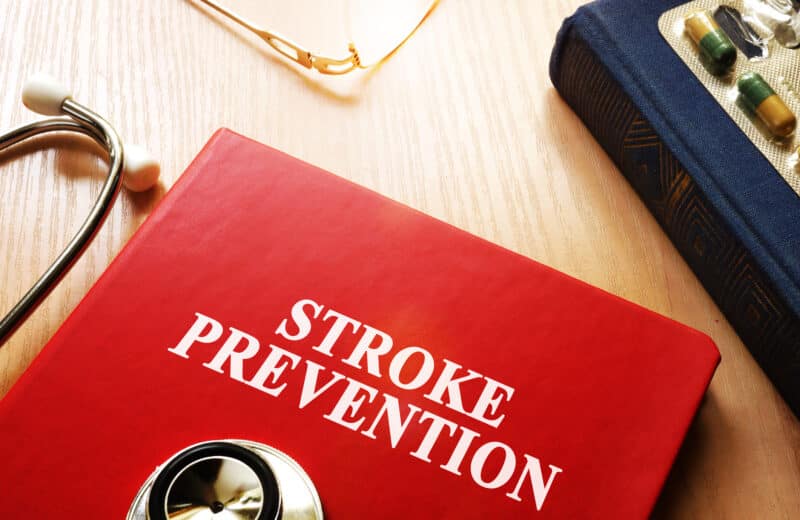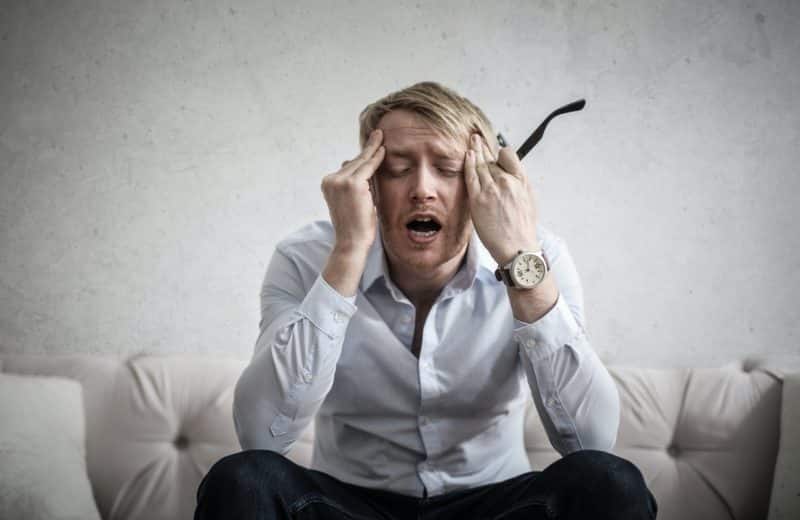The Medicine Cabinet: Ask the Harvard Experts
By Howard LeWine, M.D.
Q: I have been taking medication to help me sleep for years. I think it’s now slowing me down during the day. I want to stop but hate the thought of lying awake all night. I feel stuck. What should I do?
A: You have lots of company. Millions of Americans rely on sleep medications. Like you, they believe they can’t sleep without them, and they stay on them for years. But you can wean yourself off the drugs using a combination of dose reduction and behavior changes.
There are two big challenges when it comes to fighting sleep aid dependence. One is that when you stop taking the drugs, you get a withdrawal response that keeps you from sleeping well. If you stop too quickly you can get rebound insomnia.
The other challenge is that the rebound insomnia then convinces users they need the drugs to sleep. In reality, the medication is just preventing withdrawal symptoms. That cycle creates dependence.
Dependence is different from addiction. Addiction is characterized by compulsive use and preoccupation with a drug that interferes with normal life.
The most successful strategy is to gradually reduce the amount of sleep medication you take. It should be done under the direction of your doctor. Abrupt stopping can trigger seizures in some people.
Reducing the medication requires planning and patience. Each time you lower the dose your sleep will be disrupted because you’ll have the withdrawal effect. So be prepared, and know your sleep won’t be as good for a few days.
The longer you’ve been on the medications, the slower your doctor will make the taper. It’s a process that can last weeks to months.
Often people that use sleep medication regularly forget about the importance of sleep hygiene. That is, avoid stimuli like computers, smart phones and television before bedtime. Use the bed for sleep and sex only. Block as much noise and light as possible in the bedroom. Go to bed and wake at the same times each day. Get out of bed if you haven’t fallen asleep within 20 minutes.
(Howard LeWine, M.D. is an internist at Brigham and Women’s Hospital in Boston and assistant professor of medicine at Harvard Medical School.)













